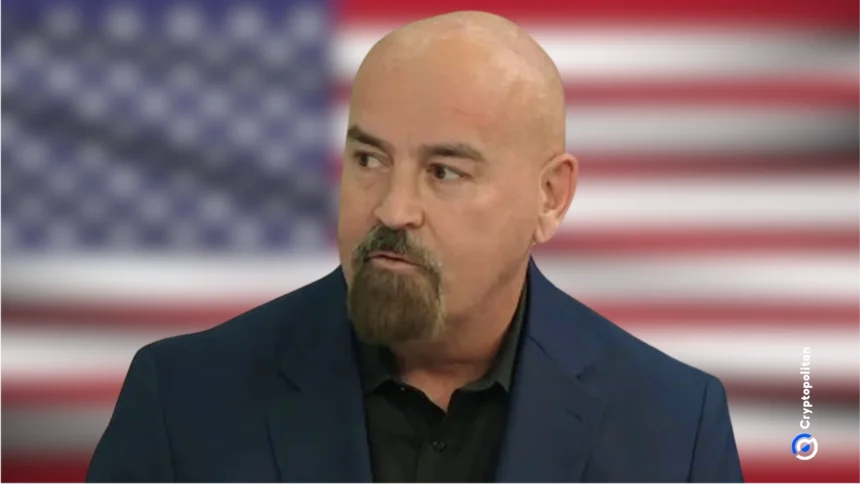
John Deaton, a prominent cryptocurrency counselor and pro-XRP lawyer, is running for the U.S. Senate in 2026 from Massachusetts. If Republicans vote for Mr. Deaton, he would carry his party’s vote line, giving him a major boost in the race heading into November.
Mr. Deaton first became aware of national politics while following a slew of news articles about the U.S. Securities and Exchange Commission’s lawsuit against Ripple Labs.
He was one of thousands of XRP investors who said they believed the SEC delayed action to the detriment of the public. Over the years, his work and criticism of federal agencies has made him an authority figure for many crypto investors, known as “Crypto Twitter.”
Massachusetts remains a tough political terrain for him. The state has one of the most reliable Democratic voters in the nation. Deaton lost to Warren in 2024 by almost 20 percentage points.
Deaton paints himself as a reform candidate
Deaton defines his new campaign as a larger effort focused on government accountability, transparency and social responsibility. economic equity. His website addresses issues such as supporting working families, combating inflation, improving services for veterans, and strengthening public safety. Unlike his previous races, crypto is not the basis of his platform.
This strategic change appears to have been intentional. Five years later, in 2024, Deaton is unashamedly running as a candidate for crypto rights at a time when the industry was thought to be fighting for its regulatory survival. Competition from Warren, a vocal critic of digital assets, has spurred donors and online supporters into action.
But things have changed. The second Trump administration’s friendly stance on digital asset policy has alleviated some of the industry’s fears. In contrast, Sen. Markey is not a crypto advocate and lacks Warren’s national name recognition or emotional influence on the industry.
That means Mr. Deaton will need to start reaching out more broadly, especially to independents and working-class conservatives outside the state’s urban areas, political analysts say.
This time, cryptography plays less of a visible role.
Although cryptocurrencies have become less prominent in his campaign messages, the industry remains tied to his brand and fundraising efforts. His campaign donation page accepts donations in a variety of cryptocurrencies, including Bitcoin, Ethereum, Solana, XRP, and Dogecoin.
His bio also mentions his previous advocacy for XRP investors and criticism of how the SEC is handling this effort.
One of the key variables that could determine how far his campaign reaches is support from one of crypto’s big political action committees, specifically FairShake. Against this background, PAC It invested tens of millions of dollars in 2024 Senate and House races, influencing outcomes in close states.
Deaton has publicly expressed his belief that he could win if FairShake and other industry groups decide to invest in the race. But last year, FairShake decided not to endorse the race against Warren and instead sought to target races in battleground states. So far, PAC has not indicated any intention to support him in 2026.
Without that support, Mr. Deaton could be at a disadvantage in matching Sen. Markey’s fundraising power because the senator has deep ties to the state and national Democratic donor network.
It’s still early in the race. Deaton first needs to win support from the state Republican Party, continue to grow his grassroots base, and prove he can be more than just a candidate endearing to crypto supporters. If he is successful, the race could once again garner national attention.
Get special seats for free Cryptocurrency trading community – Membership is limited to 1,000 people.






